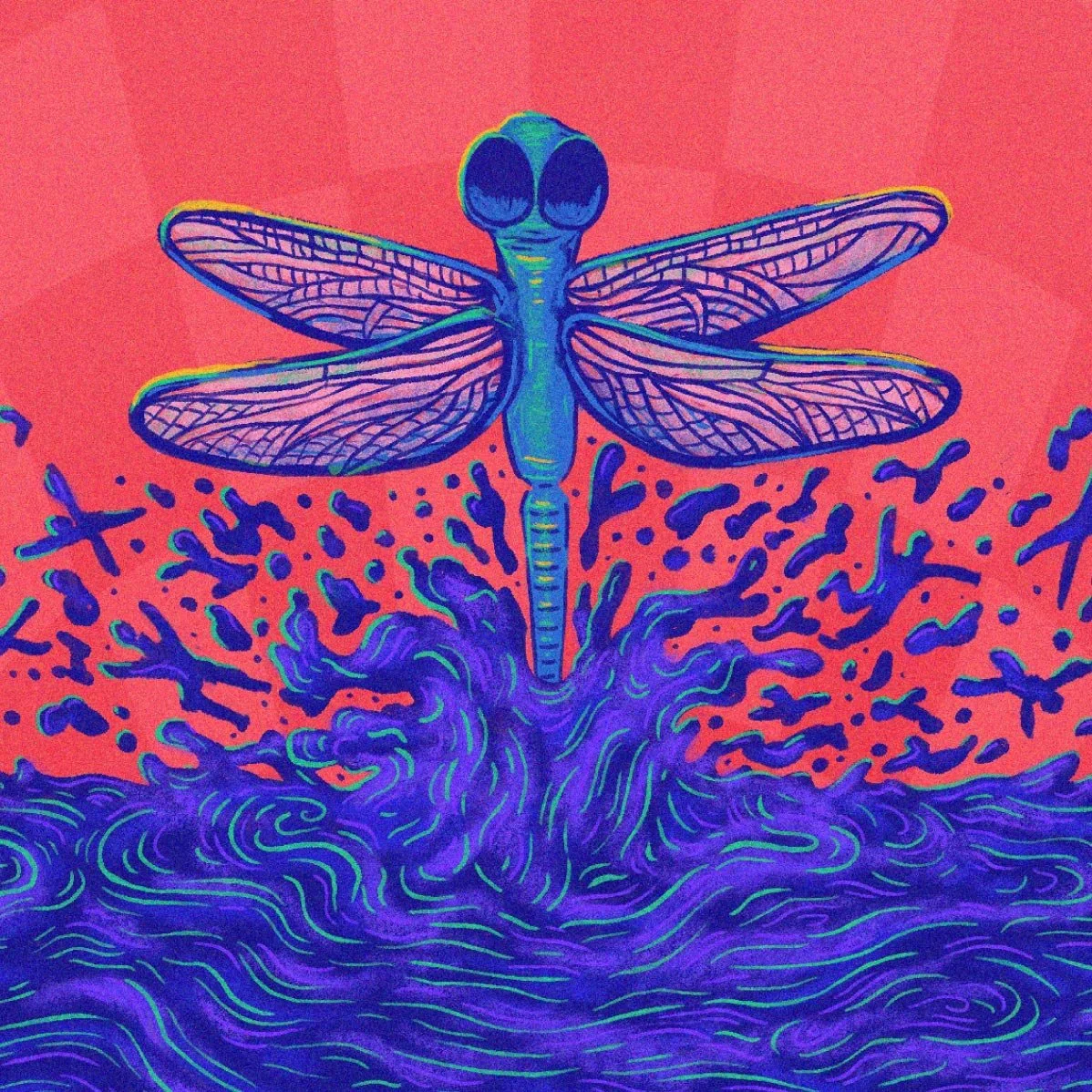Eating Matters by Kara-lee MacDonald
/The final line of Kara-lee MacDonald’s debut poetry collection, Eating Matters, is “Fuck you,” a triumphant soul-call to the universe which casts off the violations that kept her drowning in bulimia. Part memory, part step-by-step habit analysis, this collection encapsulates at time of body dysmorphia, obsession, and a dark, complex relationship with food. The book is separated into four parts, subtly divided, and none of the poems have titles or seem to exist apart from one another. This gives the collection a stream-of-consciousness feel and allows the voice of the speaker to develop throughout the book, a speaker the reader cannot separate from the author, from whom the voice gets it’s power, rage, and frustration.
Eating Matters seems to be a kind of poetic purge in which MacDonald finally allows herself to excavate her own obsessions and put them on display. In reading the collection, we witness catharsis: a ritual exorcism we are asked to observe but not participate in. While there is familiarity in the scenes and images MacDonald has chosen, the speaker of these poems recites inwards. These poems are a deeply personal and singular reflection of the speaker’s embodied experiences which asks the reader for a kind of hands-off empathy which requires listening without judgement.
The stories told in Eating Matters could only have come from one place: MacDonald’s own body. Throughout the collection, the specificity of this creative site can feel alienating. The reader is never inside of the speaker’s body, so much as they are asked to accept that body for what it is, what it has done and what has happened to it. MacDonald reclaims her ability to speak for her own body as, in the final poem, she denounces “everyone who has ever made [her] feel powerless.”
Moments of clarity for both the speaker and the reader come throughout the collection, but some of the most powerful poems are those that are truly self-reflexive. While several poems are dedicated to the actions associated with binging and purging––vulnerable and venerable admissions in themselves––the poems that get to the heart of shame are where MacDonald’s light truly shines. In the poem beginning “at my last session i learned about,” MacDonald admits to wishing her condition was more severe. The speaker says “what good is bulimia if it / doesn’t get me the attention i crave.” Similarly, the poem beginning “the hardest part is knowing,” reveals the shame of all educated feminists who remain victims of themselves: that struggle between the intellect knowing better and the body self-destructing at the hands of learned behaviors. She writes “at the end of the day / ––theory fails / to account for disjunction / between bodily urges and / rational thought.”
Eating Matters leaves you feeling as if you have watched a dear friend conquer a storm, and, for those struggling with disordered eating, it can perhaps offer a way into oneself and out of the mire.
Join poets Kara-lee MacDonald, Jane Byers, Elizabeth Bachinsky, Leanne Dunic, and host Jorge Amigo on February 22nd at Notional Space for readings on themes of resilience in their youth. Find more information here.






